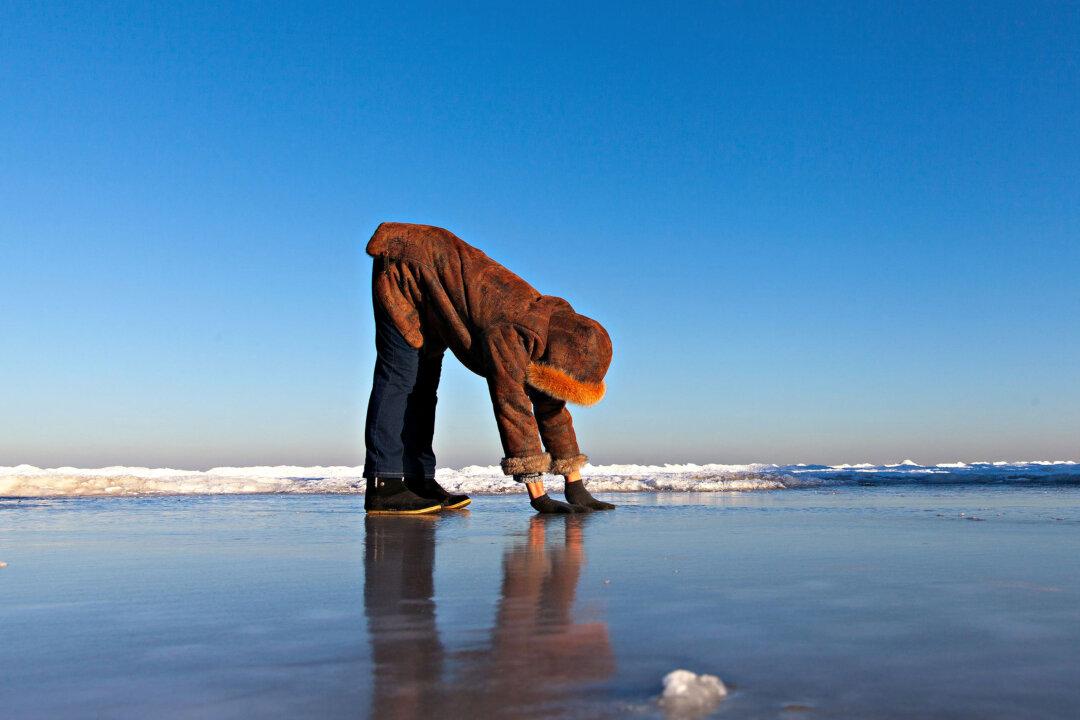I grew up in a swimming pool. My dad was a swimmer both in college and during World War II, and he expected us kids to be swimmers, too. I remember every summer weekday practicing at the local swim club, come rain or shine. Sometimes it was fun; sometimes not so much, but there was never a question about whether or not we wanted to participate; it was what we did.
I realized that if there were such a thing as the fountain of youth, exercise would be it.





